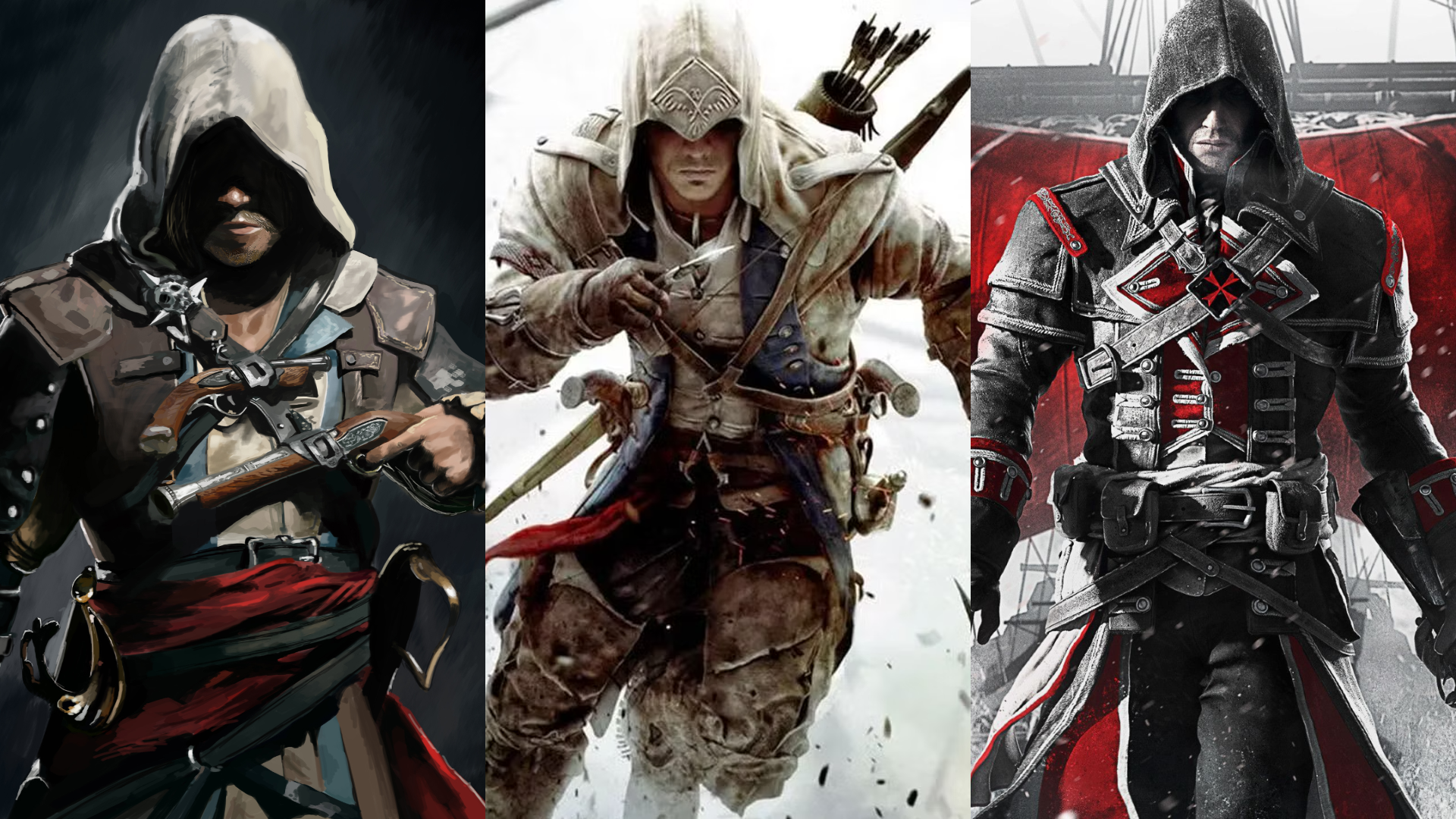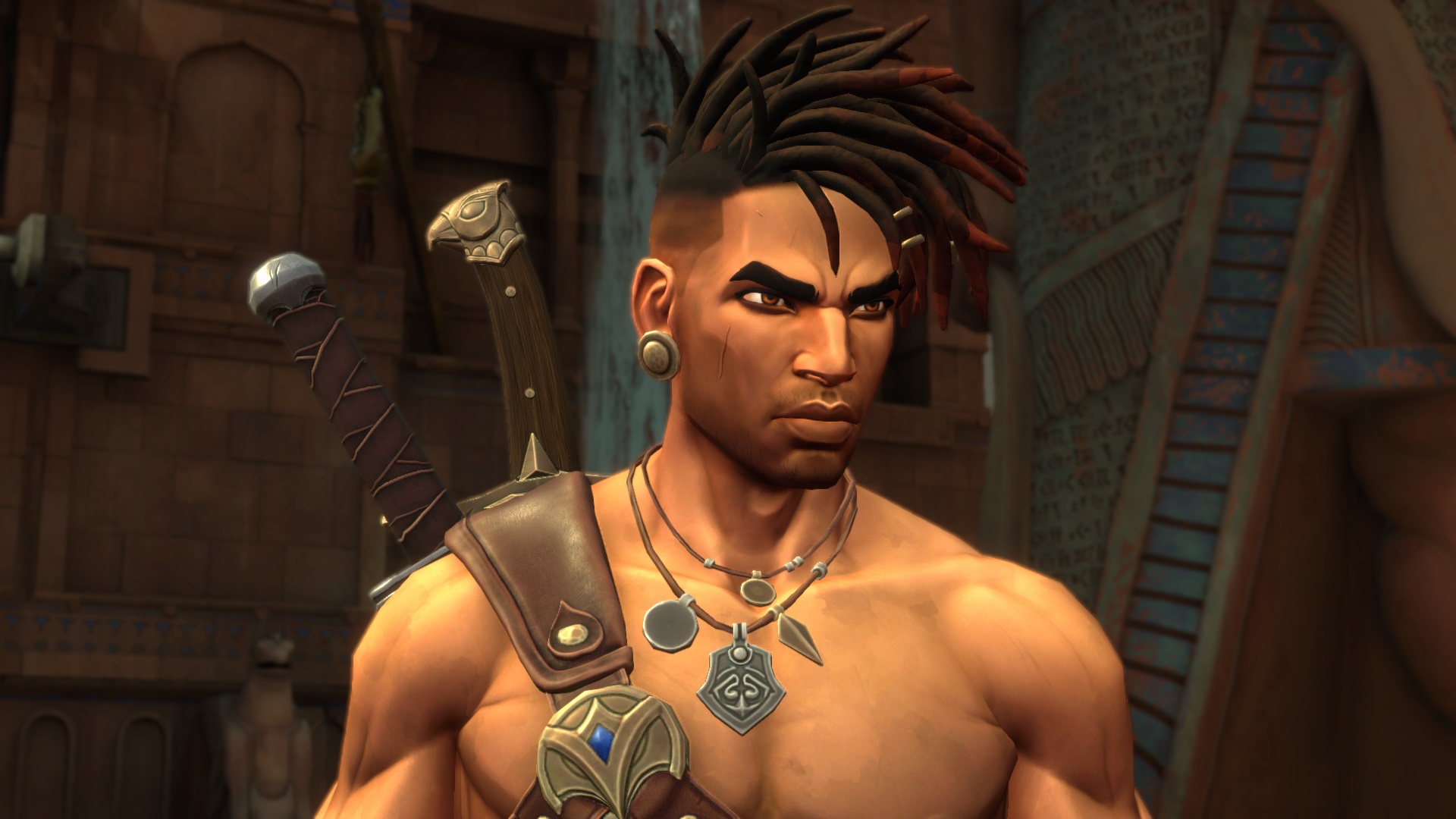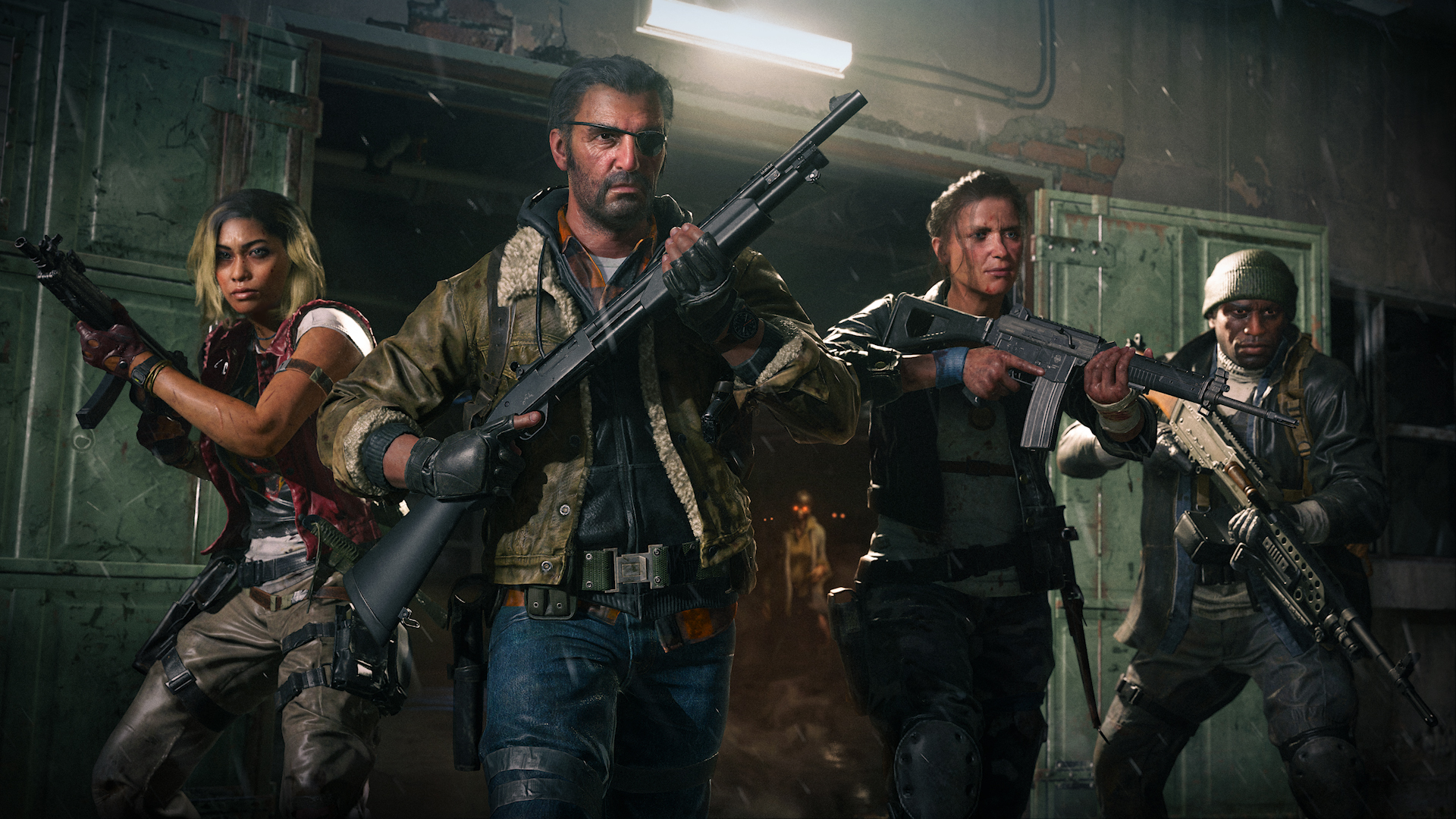- Changing protagonists allows franchises to explore new perspectives and deeper stories, keeping the narrative fresh.
- This approach gives developers creative freedom, enabling them to evolve gameplay and storytelling with each new entry.
- Games like God of War and Devil May Cry may also potentially introduce new protagonists taking the lead, allowing the franchise to continue without running out of ideas.
There’s only so much to be explored in a character’s life, and sooner or later, their story is bound to end. However, when dragged, it can also ruin their legacy, for instance, Arkham Batman in Suicide Squad: Kill The Justice League.
In the video game industry, publishers don’t care about a game’s story and characters. They will try to squeeze everything out of a character before letting it come to a dissatisfying end. Hence, I believe that building franchises should build a proper world and explore different characters’ stories to avoid any sort of franchise fatigue.
This is why games like Assassin’s Creed, Grand Theft Auto, and Final Fantasy are relevant to date: Fans don’t have to expect the same story, setting, or even protagonist in each entry. Other series like Red Dead Redemption and Ghost of Tsushima, while relatively newer, follow the same pattern and have the potential to go on for as long as they want.
Why It Matters: Changing protagonists gives the franchise more liberty over its built world and the opportunity to tell more lore. Franchises like GTA and Assassin’s Creed wouldn’t be this impactful and relevant without changing protagonists.
Building An Expanded Universe

People always want more from a great story, and the Ghost of Tsushima games give fans exactly what they want. Jin Sakai’s story was great, but there are an infinite number of possibilities within the Feudal Japan era rather than just exploring the tale of Tsushima Island.
That’s what we’ll get from the sequel, Ghost of Yotei, which will be set 300 years after the events of the first game, and judging by the trailer, Sucker Punch has done an exceptional job passing down the baton.
Ubisoft has done the best job at building an expanded universe with Assassin’s Creed. The franchise plot has been carefully crafted for over two decades now, and each entry takes a different narrative approach from a different side but, in the end, still contributes to the main premise of Assassins vs. Templars.
Whether it’s gameplay or narrative, Assassin’s Creed is constantly evolving, for better or for worse.
How This Approach Allows For More Creative Freedom

One of the best things about a revolving protagonist is that developers are free to be experimental and have creative liberty over these franchises, whether it’s in the form of core gameplay changes or narrative through the mainline entries or beyond that.
Prince of Persia: The Lost Crown was a much smaller-scale Metroidvania game with a different protagonist. Such an approach with an amazing art style and story gave the franchise the popularity it deserved ahead of its renaissance with the Prince of Persia Sands of Time remake.
This makes these games appealing to a broader audience. Assassin’s Creed does this, too, and is probably the best example of why. Each game features a protagonist from a different background and culture in a different setting that actually resonates with people.
This also allows for new gameplay mechanics that have kept each entry fresh.
Changing Protagonists Contribute To A Franchise’s Longevity

The most important perk of having a different protagonist is how a franchise can be relevant years later. Of course, each character in that universe is connected somehow, so it’s also a feeling of familiarity rather than just exploring a different story altogether.
Take GTA, for example. The franchise has been around for three decades and gets better with each entry. Final Fantasy is still relevant today because it changes protagonists and explores more lore from its array of vast characters.
Franchises like God of War will probably get a spin-off in the future, with the torch being passed down to Atreus. The next Devil May Cry game may also feature Nero as the protagonist instead of Dante, allowing for more flexibility in storytelling and lore.
Thank you! Please share your positive feedback. 🔋
How could we improve this post? Please Help us. 😔
[Staff Writer]
Shaheer is currently pursuing a Business degree while also working as a part-time Content Writer. With his deep passion for both writing and video games, he has seamlessly transitioned into a role as a Journalist. Over the past two years, Shaheer has contributed as a freelancer to various websites and landed positions on acclaimed platforms like Gamerant. Currently, his role at Tech4gamers is as a Features Writer, but he also covers News occasionally. Shaheer’s favorite gaming franchises are Assassin’s Creed and the God of War series.
Get In Touch: shaheerzahid03@gmail.com




